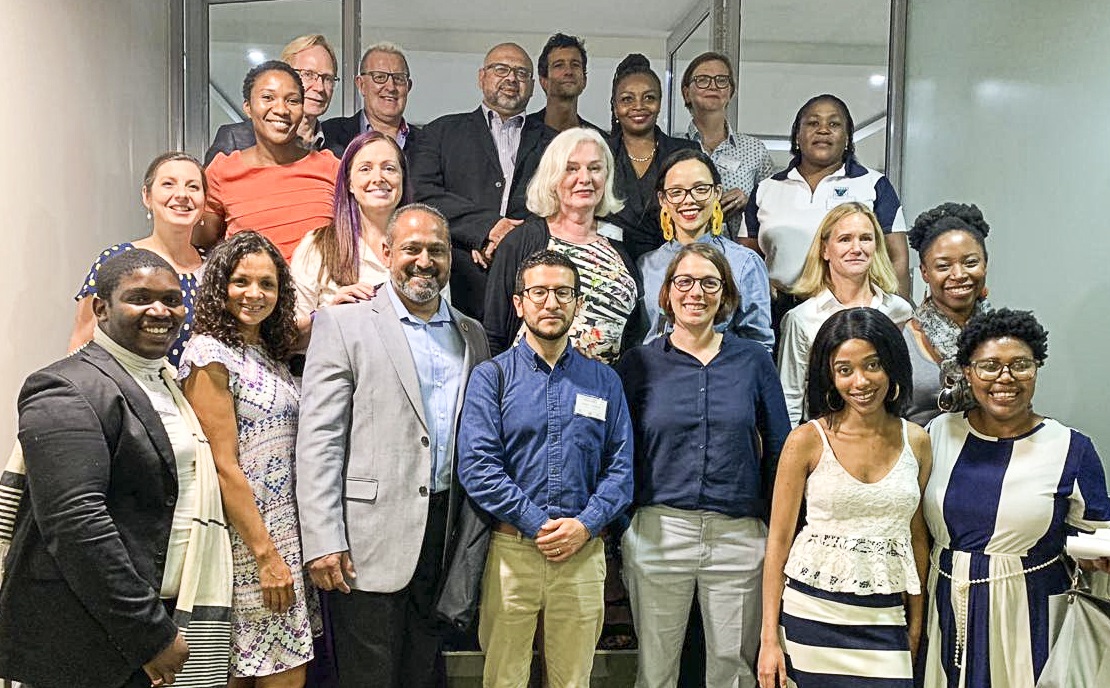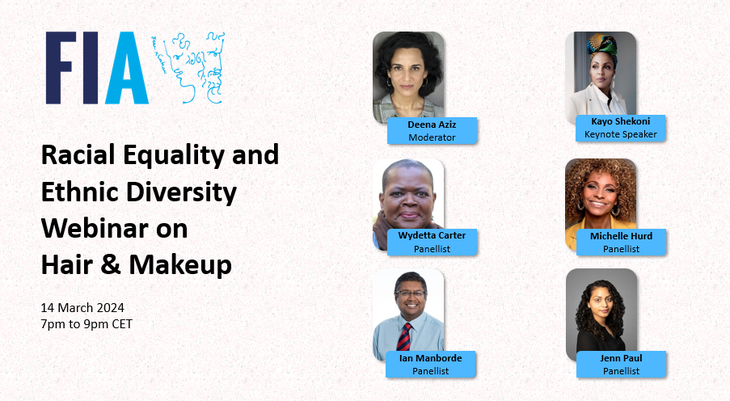For several years, FIA has provided strategic advice to affiliate members in Morocco and South Africa, with a view to strengthening the trade union representation of performers in these countries. Performers in the African continent are arguably among the least protected, despite an extremely prolific and diverse cultural landscape. The arts, media and entertainment industry is structurally frail, heavily relying on (limited) public funding and built on informal work relations. Many projects are self-managed and short-lived, with performers barely scrapping the bottom of the barrel. Where production appears to be more orderly, with clear roles and responsibilities, performers are invariably asked to embrace precariousness as a condition for bringing their stories to an audience. With no clearly defined status, they lack access to fundamental labour and social rights that are granted to most other workers and, when considered "independent contractors", are prevented from negotiating minimum terms and conditions collectively by antitrust policies meant for the corporate world, blatantly ignoring international ILO standards and principles.
The narrow focus of FIA’s engagement in Africa has been a deliberate choice. As resources are few, there is only so much that we can hope to achieve and priority had to be given to countries where awareness and determination could flourish on richer and more sustainable soil. With the financial support of Union To Union in Sweden, we have therefore developed a fruitful cooperation with the South African Guild of Actors (SAGA) and the Moroccan Union of Dramatic Arts professionals (SMPAD), which has delivered very promising outcomes to this day.
In 2018, we continued to provide counselling with respect to the on-going copyright reform that is expected to deliver this year, among other things, ground breaking IP rights for audiovisual performers. Towards the end of last year, the South African Parliament’s Portfolio Committee on Trade and Industry adopted two separate bills that were later sent to the National Assembly for approval.
This reform should make it possible for South Africa to finally join the WIPO Beijing Treaty and also for actors in the country to better monetise the use of their work, including in the online environment. The project’s focus on collective management has thus been very timely as two SAGA senior representatives were offered a first-hand insight into performers’ CMOs in the UK, Sweden and Denmark. This immersive experience helped them apprehend structural and operational analogies and differences among these various models, with a view to developing their own in South Africa. Collective management organisations are an essential tool to collect remuneration due to performers, by contract or law, and deliver it to the legitimate right holders. In most countries, performers’ CMOs were traditionally set up by the trade unions. It is only natural that SAGA, as the labour collective representative of South African actors, should thus seek to incorporate a CMO, when the time, comes to make sure that right management is handled efficiently.
The second part of our 2018 project consisted in a two-day seminar in Johannesburg, focusing on the professional status of actors around the world and in South Africa as well as on sexual harassment. Delegates from Canada, the US, Sweden and Belgium joined South African experts to review different national examples and also explore the relationship between "independent contractor" status, fundamental labour rights and antitrust regulation. A high level academic research, funded by the project, is digging into the self-employed status of actors in South Africa, with a view to suggesting policy options to enhance access to fundamental social and labour rights. The premises of the research, which is due for completion end of 2019, were presented at the seminar and discussed in great detail. The study is expected to greatly assist SAGA in its future advocacy work. Also in Johannesburg various international trade union experts shared good practices with respect to fighting sexual harassment in the entertainment industry. This was in support of initiatives taken in South Africa, in cooperation with SAGA, to promote safer work environments and equality in the film and television industry. Film producers have agreed to incorporate a new sexual harassment policy in all new standard contracts, whilst broadcasters in the country have accepted to engage with SAGA and other stakeholders to improve the safety of actors in all production sites. The workshop in Johannesburg was also a remarkable opportunity to raise awareness among the performer community about unacceptable and predatory practices in the industry, including by live-streaming various testimonies and interventions on social media.
The focus of the FIA project in 2019 will be on Morocco, where the recently approved framework law on the status of the artist is expected, among other things, to deliver social security and retirement benefits for artists, tailored to their intermittent nature of their work.





